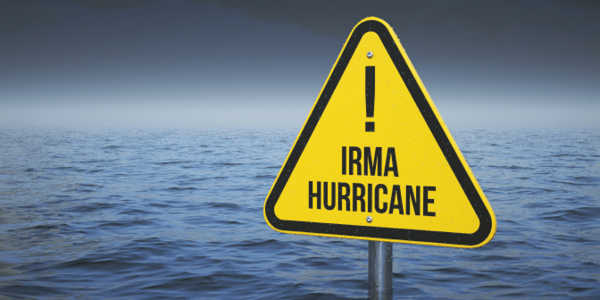You Can’t Control Mother Nature, But You Can Be Ready For It

For senior financial executives at large U.S.-based companies with operations in Texas, Florida, or Puerto Rico, the 2017 hurricane season served as a risk management wake-up call.
Commercial and industrial property insurer FM Global surveyed these executives at companies with more than $1 billion in revenue and found:
- Nearly two-thirds (64 percent) of respondents say 2017’s hurricane season had an adverse impact on operations.
- Of those impacted, 62 percent admit they were not completely prepared to deal with the effects of the hurricanes.
- Nearly 7 in 10 (68 percent) of all respondents say they will make changes to their risk management strategy going forward.
As a result of hurricanes Harvey, Irma and Maria:
- 57 percent of all survey respondents say they will put in place or enhance their business continuity or disaster recovery plans.
- 40 percent will invest more in risk management, property loss prevention, and/or reassess their supply chain risk management strategy.
- 25 percent will reassess their insurance coverage or their insurers.
"One reason for insufficient natural-hazard preparation is imprecise terminology," says Dr. Louis Gritzo, vice president, manager of research at FM Global. For example, being in a "100-year flood" zone does not mean you have 99 years to plan. Rather, there’s a one-percent chance of such a flood every year.
Another reason for insufficient preparation is over-reliance on insurance, which cannot restore market share, brand equity, and shareholder value lost to competitors. A third reason is denial of risk.
